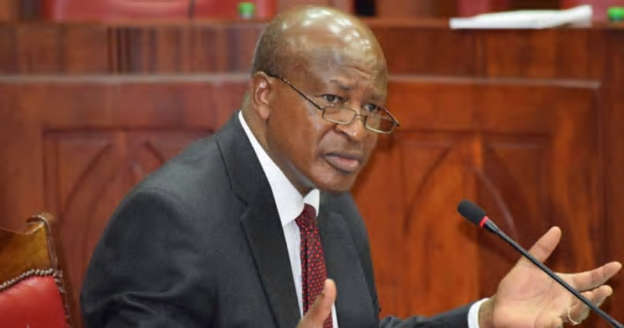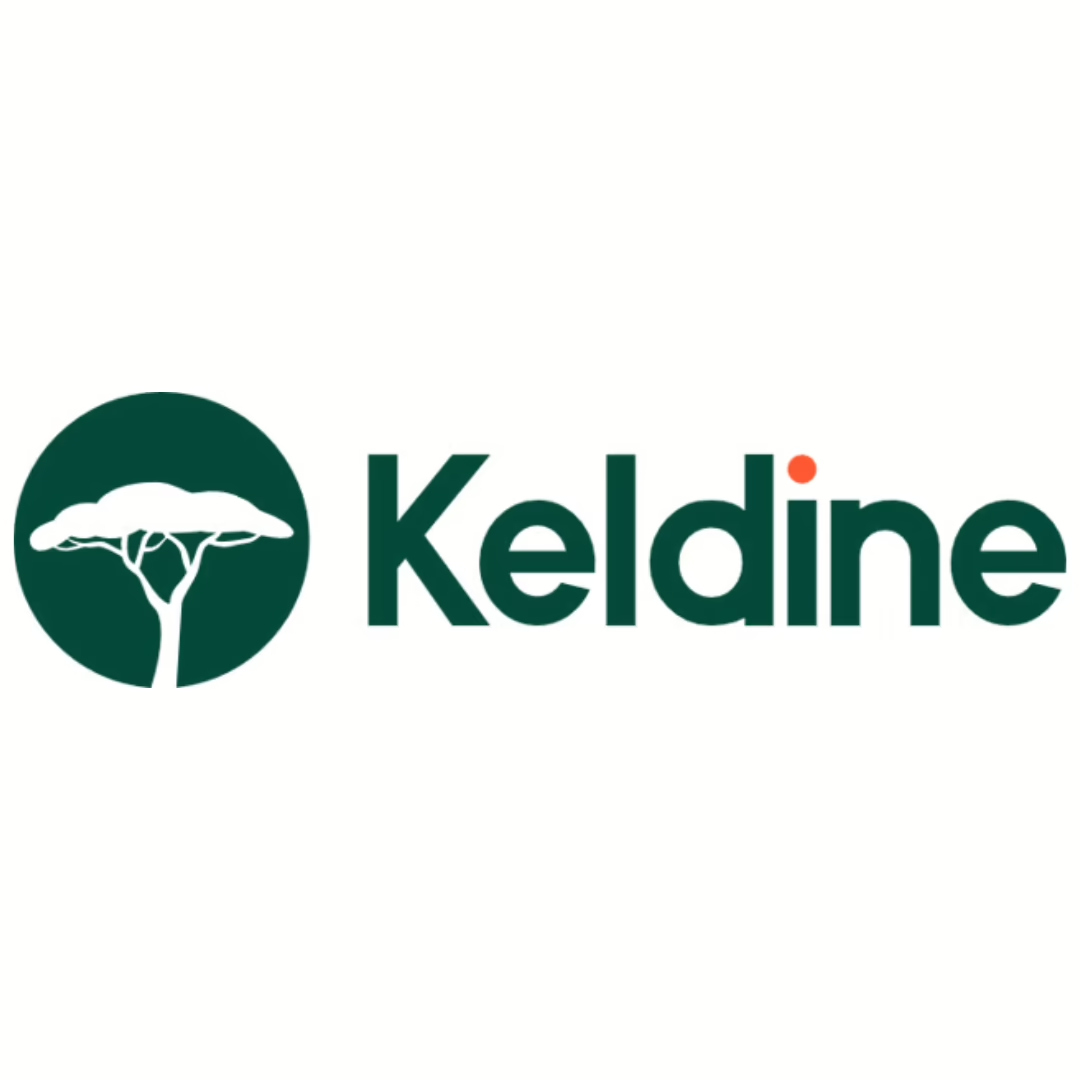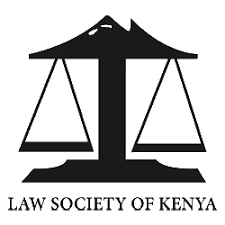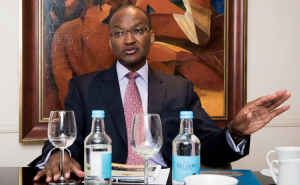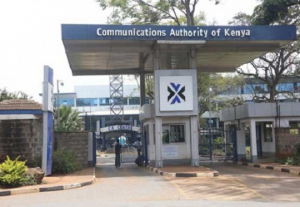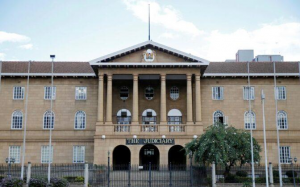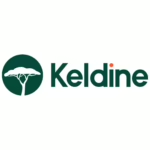Attorney General (AG) Kihara Kariuki/ Facebook
NAIROBI Kenya, Nov 2- The government has increased efforts to amend the Beneficial Ownership regulation, which will reveal secret owners of companies involved in government tenders and private-public partnerships without seeking a court order.
The proposed regulation will allow the state to reveal individuals hiding behind the corporate veil through secret accounts, lawyers and nominees when doing business with the government.
The move is aimed at dismantling cartels and public servants using proxy companies to leech off state tenders that have led to bid-rigging, backhand deals and inflation of contract prices.
Additionally the proposed changes are part of the government’s efforts to meet stringent conditions set by the International Monetary Fund (IMF) in order for Kenya to receive a Sh263 billion loan from the global financial institution.
“Notwithstanding sub-regulation (1) information relating to a beneficial owner may be disclosed – with written consent of the beneficial owner; or,” AG Kihara Kariuki said in the Companies (Beneficial Ownership Information) (Amendment) Regulations, 2021.
“Where the company participates in public procurement and assets disposal under the Public Procurement and Asset Disposal Act, No. 33 of 2015; or (c) where the company participates in a public-private partnership arrangement under the Public Private Partnership Act, No. 15 of 2013.”
These changes will allow for lifting the corporate veil each time a company supplies the government or partners with it.
Currently, the law only requires companies to disclose names, phone numbers and residential addresses of investors who own more than 10 percent stakes in companies through secret accounts to the Attorney General.
The regulations bar making details of beneficial owners’ public unless under instructions from the court or request from the Kenya Revenue Authority (KRA), security agencies and the Financial Reporting Centre to tap the database.
The Beneficial Ownership law was meant to curb insider trading through the use of nominee accounts that investors have been using to side-step ownership limits in firms listed at the Nairobi Securities Exchange(NSE).
It was also targeting money laundering by revealing the true identity of Investors owning large blocks of shares in both private and listed companies who were also of interest to KRA.
The register is now being deployed to reveal the links between companies that win state tenders and their real owners who hide behind proxies when dealing with the government.
Kenya spends on average Sh670 billion annually for use of goods and services and acquiring non-financial assets according to the Kenya Public Expenditure Review 2020.
The government has been posting transactional level procurement data at the public procurement information portal (PPIP), however the World Bank wants a more granular level of detail.
The World Bank said the PPIP was not up to date showing tenders valued at Sh179bn which was only one third of total procurement spending.


